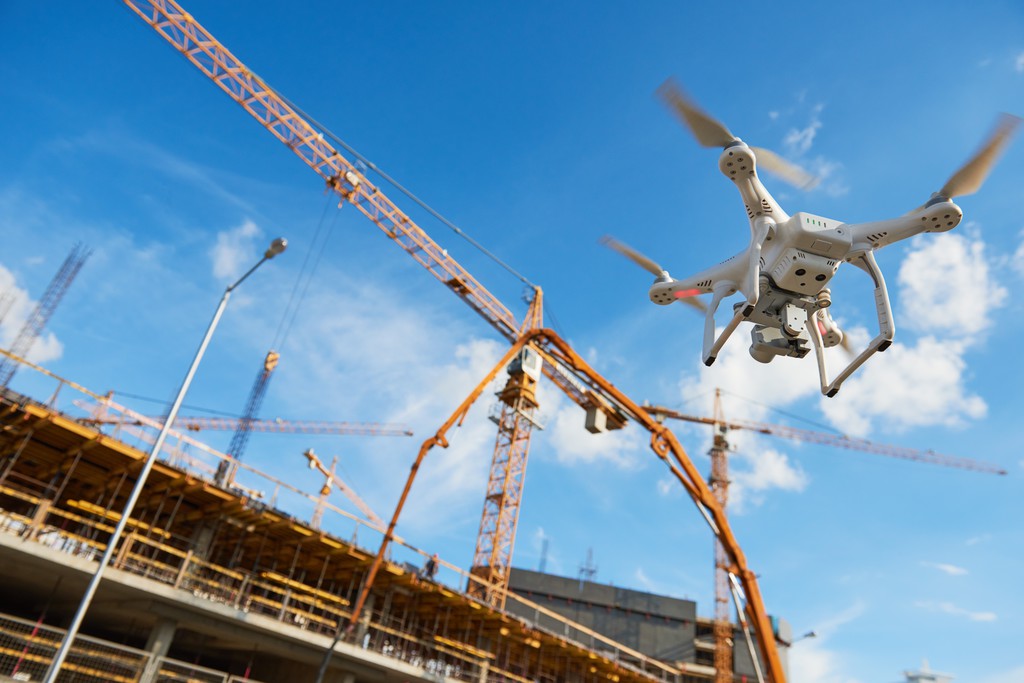
Kelly Rose
Editor

Kelly Rose
Editor
New Drone Standards are to be unveiled for the first time in Spring 2018 which are expected to lead to strengthened public confidence in safety, security and compliance within an industry which is set to be one of the fastest growth sectors in the world.
The announcement was made at an event at the House of Lords on 28th February on behalf of the British Standards Institution (BSI) and Drone Major Group, whose founder and chief executive is chairman of the BSI Committee responsible for Drone Standards.
The event was attended by BSI chairman Sir David Brown, politicians including aviation minister Baroness Sugg, and other senior stakeholders in the drone industry, including manufacturers, users, service providers, economists, academics and media.
Sir David Brown said: “BSI is playing a pivotal role in supporting the exciting global future for drones through its work on standards for Unmanned Aircraft Systems. Standards accelerate innovation, boost productivity and enable trade, while promoting safety and consumer protection.”
Robert Garbett, in his role as chairman of the BSI Committee on Drone Standards, stated in a speech that “after several years of work and global collaboration, detailed draft standards are expected to reach BSI Committee stage by Spring 2018, following which there will be a period of wider consultation, expected then to lead to adoption shortly thereafter.”
He commented: “The development and adoption of the first quality and safety standards for the drone industry will make 2018 a pivotal year for an industry which is set to become a global phenomenon. It is the year when British and world standards will be crystallised, energising the industry, and enabling it to meet its full potential to the benefit of UK plc, and indeed economies worldwide.
“Drones, empowered by Standards that can be trusted and relied upon are the key to many of our economic, transport, security, environmental and productivity challenges of today. They will open up new avenues to innovation that we can only begin to imagine!"
Key areas of growth for the drone industry include the transport industry. Garbett said: "Drones are bringing new possibilities to freight and passenger transport on land, water and in the air, which will reduce the need for expensive infrastructure projects, reduce road traffic, ease congestion, save lives and reduce pollution in our cities."
He added: "There are of course many challenges ahead, from the levels of intelligence required to make a passenger-carrying drone vehicle safe for use at speed, to the liability in the case of an accident. However the economic and safety arguments for the full adoption of passenger-carrying drone vehicles on our roads are overwhelming."
In infrastructure and construction, drones are already reducing the time and resources needed to plan and build roads and buildings, making the progress faster, safer and much more cost effective. While in the marine environment, Remotely Operated Vehicles or Unmanned Underwater Vehicles have been used extensively in the inspection and repair of pipelines and oil rigs for many years.

British Standards Institution (BSI)
Davy Avenue
Knowlhill
Milton Keynes
MK5 8PP
UNITED KINGDOM
01908 814689